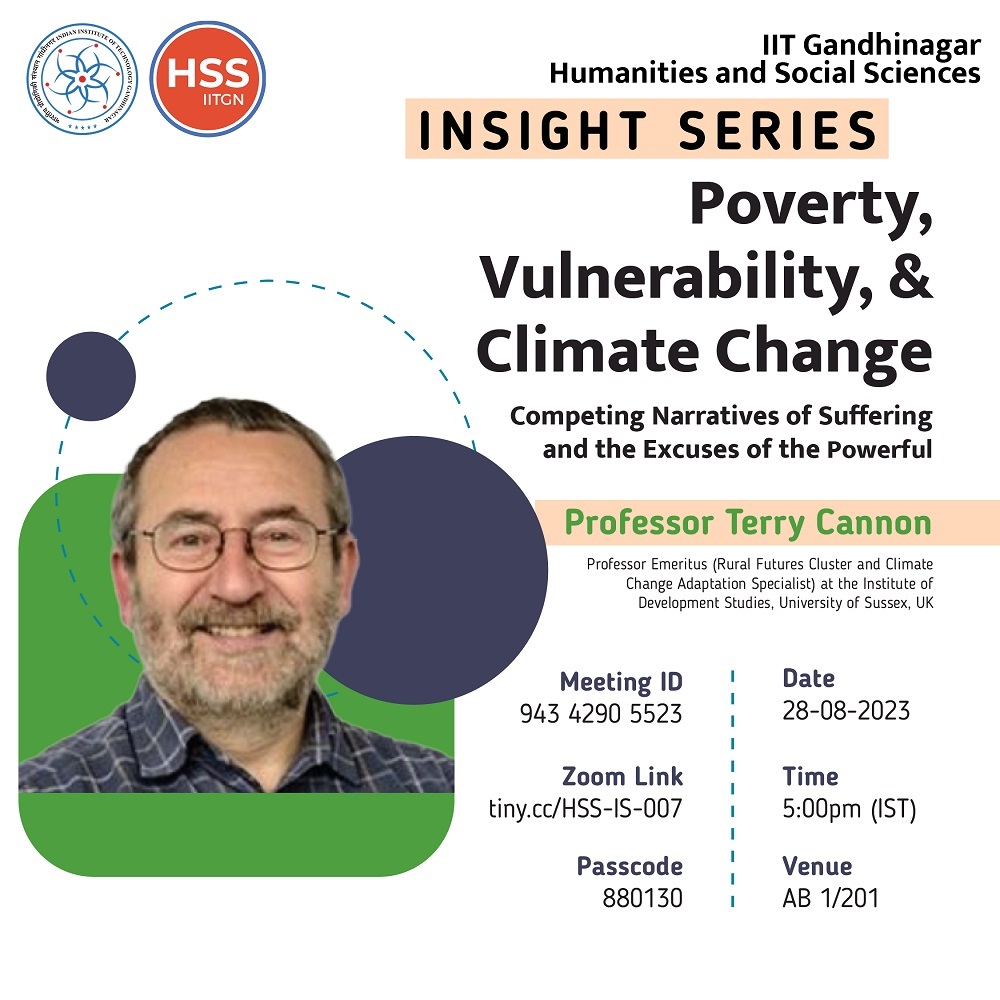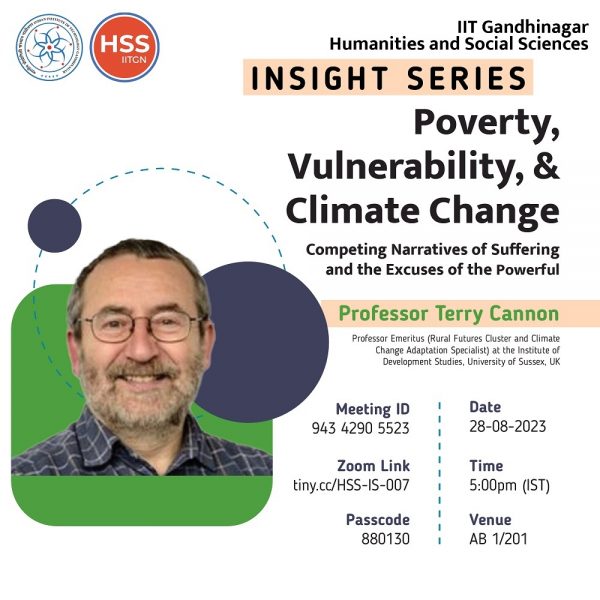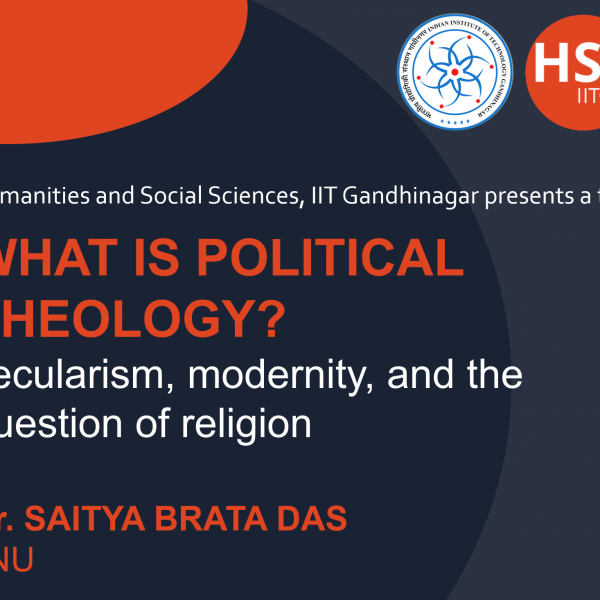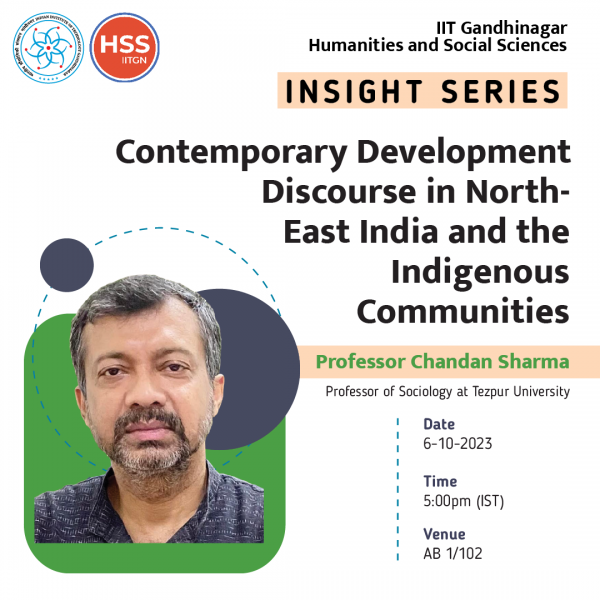Description

Abstract: The climate crisis is at the intersection of two sets of injustices. The first is the obvious one, concerning the businesses and governments (historically in the West) that have caused the majority of carbon emissions that affect the majority of people in the world who have played little or no part in causing it yet experience the worst of its impacts.
The second is less obvious. Most of those same people who are badly affected by climate change are already poor and vulnerable. They live within unjust systems of power that reduce their access to resources and production assets, income and welfare. The conventional way that organisations and academics deal with this is the idea that climate change is an intensifier or magnifier of existing poverty, vulnerability and inequality. But this avoids the need to analyse the causes of their poverty and vulnerability, which are related to power that allocates resources and income unfairly. If climate change is thought of simply as a magnifier of existing poverty and vulnerability, the causes tend to be disguised and effectively forgotten.
Governments of the ‘Global South’ willingly emphasise the first injustice to avoid taking responsibility for the second. “Donors” (including the World Bank, Asian Development Bank) from the ‘Global North’ join in this game. They do not want to comment on the causes of poverty and vulnerability in India and other countries that suffer, because of their alliances with the governments. And yet it should be clear that dealing with climate change injustice without reducing or even eradicating existing causes of poverty and vulnerability is completely meaningless.
Brief Bionote: Professor Terry Cannon is a recently retired Emeritus Senior Research Fellow at the Institute of Development Studies (IDS), University of Sussex in the UK. He taught the MSc Climate Change, Development and Policy at the university. For many years he has taught and researched development studies, disaster studies and adaptation to climate change, working at the University of Greenwich, the Natural Resources Institute (NRI) King’s College London, the University of Copenhagen, the University of Reading, Free University Brussels and Catholic University Leuven (Belgium). His main research focus is on rural livelihoods, disaster vulnerability and climate change adaptation, especially at the local level.
He has been an advisor to the IFRC (Red Cross) and UNDP on local disaster risk reduction (globally, and in Vietnam and China), and worked with the International Centre for Climate Change and Development (ICCCAD) in Bangladesh for many years. He is one of the co-authors of “At Risk: Natural Hazards, People’s Vulnerability and Disasters” (1994 and 2004, 2nd edition), which has become one of the most widely cited and used books in the field. Free download of Part I: https://www.preventionweb.net/publication/risk-natural-hazards-peoples-vulnerability-and-disasters
Some of his relevant publications are as follows:
IFRC (International Federation of Red Cross & Red Crescent Societies), World Disasters Report 2014 Theme: Culture and Risk, 2014, Geneva, Lead editor and author of chapters 1, 3, 4, 7. Free download at https://www.ifrc.org/document/world-disasters-report-2014
Terry Cannon 2022 “What must be done to rescue the concept of vulnerability?” in Bankoff and Hilhorst (eds) Why Vulnerability Still Matters: The Politics of Disaster Risk Creation. Routledge.
Fred Krüger, Greg Bankoff, Terry Cannon, Benedikt Orlovski and Lisa Schipper (eds.), 2015, Cultures and Disasters: Understanding Cultural Framings in Disaster Risk Reduction, Routledge.
Alexandra Titz, Terry Cannon and Fred Krüger (2018) ‘Uncovering “Community”: Challenging an Elusive Concept in Development and Disaster Related Work, Societies, 8(3), 71; Open access https://doi.org/10.3390/soc8030071



